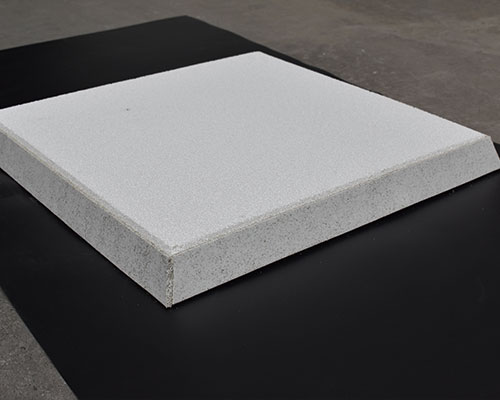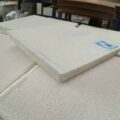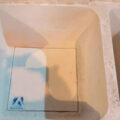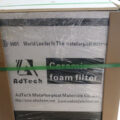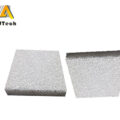Foam ceramic filter for metal casting is the third generation of filter material after fiberglass mesh, honeycomb ceramic filter. Alumina ceramic foam filters are designed for the filtration of aluminum and alloy. The application of alumina ceramic foam filters has various advantages. One is that the flow of metal is effectively calmed down due to the complex 3D structure of the filter, thus sand erosion is reduced and the filling of mold is improved. Another advantage is that the ceramic filter removes solid inclusions like Slag or reaction products of melt treatment from the liquid metal. Therefore, the metal quality is improved and cleaning and repair work is reduced.
The Foam Ceramic Filter for Metal Casting is a porous, molten ceramic foam material, which is basically free of organic components. It is characterized by its mechanical, thermal and chemical properties superior to the known foam ceramic materials.
Ceramic foam is characterized by an open-cell structure with multiple interconnected voids surrounded by ceramic mesh, without the presence of potentially harmful binders or glass or clay phases. Foam is a solid sintered product, especially suitable for high temperature applications, such as aluminum water filtration. Any small amount of organic additives will be discharged during the roasting process.
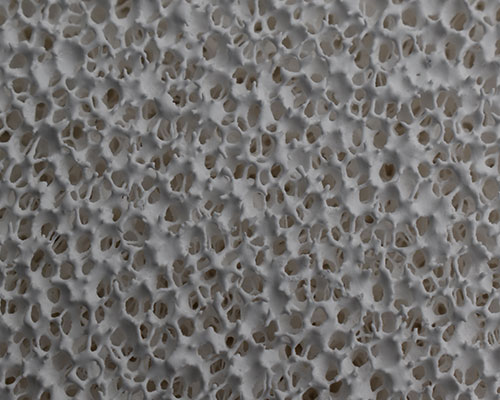
If necessary, a small number of inorganic additives can be used without affecting performance, such as less than 1% of sintering aids, such as zinc oxide, grain growth inhibitors, such as magnesium oxide, or inorganic rheological additives, such as clay.
Foam Ceramic Filter for Metal Casting is installed in the CFF filter box. The molten aluminum is poured into the filter box through the ceramic foam filter, and the filter captures the fine particles in the molten metal. After the casting operation is completed, the aluminum slag remaining in the ceramic filter forms an almost solid aluminum mass.
The alumina ceramic foam filter can remove a large number of such inclusions from the molten aluminum. Foam ceramic filtration technology has become the main filtration method for commercial aluminum alloys all over the world. Due to its low installation and operating costs and ease of use, the technology has rapidly expanded to aluminum foundries of various types and levels of complexity.

